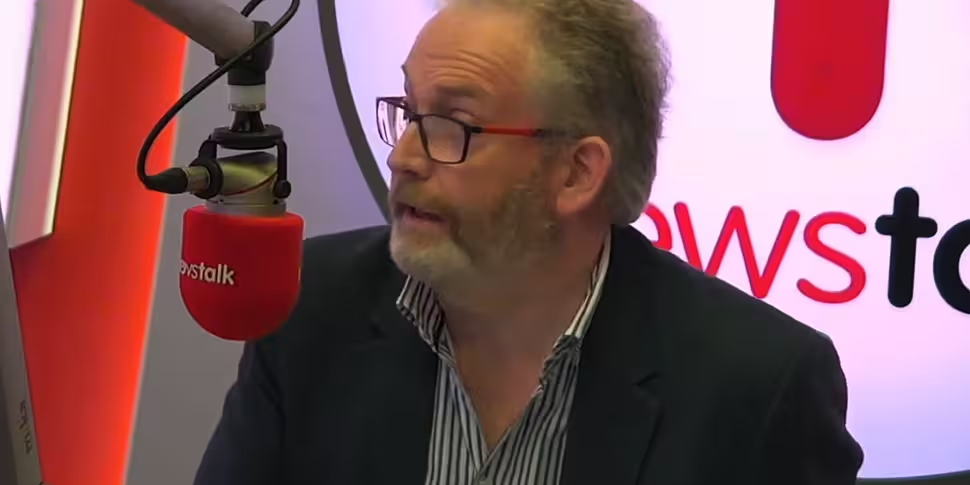The country's acute hospitals are expected to do too much and more supports are needed for community care, according to the former head of the HSE.
Former director-general of the HSE, Tony O Brien, says there are not enough supports in the community for those who could leave hospital.
His comments come as 640 people are waiting on trolleys in hospitals across the country today, and as efforts continue towards implementing the Sláintecare reform plans for the health service.
Mr O'Brien was speaking as part of a Lunchtime Live panel on the health system ahead of the general election, alongside Susan Mitchell of the Business Post and Anthony Staines, Prof of Health Systems at DCU.
Mr O'Brien told Ciara Kelly that he's really glad that health has become a key election issue - suggesting it has never been as much of a "doorstep issue" as it has been during this campaign
He explained: "We need to move away from being an overly acute - as in, hospital-focused - healthcare system to one which is much more based on the provision of services that people need in the community.
"That means switching resources very considerably towards community-based care. The Sláintecare report has a plan to do that - the problem is so far little progress has been made.
"The hope would be that when the dust settles on this election that we actually have not just a vision called Sláintecare - because it is a good vision.
"If we had the system envisioned by Sláintecare today we'd probably be broadly quite happy with it. The challenge is to how break that into a plan, and how politicians are going to prioritise... which does mean making some difficult choices."
Sláintecare and GPs
On the same topic, Prof Anthony Staines noted: "We haven't got enough stuff outside the hospitals.
"If you look at our figures for GPs, for example, we're short about 1,000 GPs... for nursing staff in general practice, we need to more than double the number of nursing staff.
"In most European countries, the equivalents of GPs have physiotherapists, speech and language therapists on tap... advanced nurse practitioners working out of their surgeries... so people can get the services they need without darkening the door of the hospital.
"We don't have any of that kind of intermediate level of care - Sláintecare is a pathway towards it, but Sláintecare is silent enough about the roles of GPs."
Susan Mitchell, meanwhile, highlighted OECD figures comparing Ireland's health service to other countries.
She said that while our use of our hospital system - measured in terms of admissions and discharges - is lower than other comparable countries, spending is higher.
She argued: "I think there are certainly inefficiencies that need to be tackled - or at least we need to start asking questions around them."
Industrial relations
During the discussion, Mr O'Brien also spoke about his experiences working with public sector unions.
He said that while there were sometimes difficulties, it's not a "one-way street" and there have been cases where unions have been a "really positive" contributor to reform in the system.
However, he argued: "I think it's important that whoever the next minister for health is shouldn't be giving their mobile number to every leader of every trade union, and should get out of the way and let managers and clinical leaders deal with the industrial relations processes within the health system.
"Often we would have felt we were negotiating against both the union and the minister, who were sometimes on the same page - and that's not personal to any particular minister, it's a general characteristic."









